And what will the state defined most by coal and railroads — West Virginia — do with a continued slide? Unlike out of work railroaders and miners, it can’t pick up and find work in a city somewhere.
Diversification is key – but can railroads benefit?
“While we diversity our state’s economy, we must take advantage of our location and existing infrastructure to recruit and develop businesses that rely on rail transportation to move their products,” West Virginia state Sen. Bill Cole, a Republican, tells Trains News Wire. “This includes a manufacturing strategy to revitalize our product output and making our state a warehouse hub for distribution.”
Cole says West Virginia and the railroads that serve it face difficult economic times. During the state’s ongoing legislative session, policymakers are looking at ways to make the state more attractive to large businesses through regulatory reform and right-to-work legislation. Cole, who also serves as the state senate president and lieutenant governor, says now is the time to take advantage of West Virginia’s extensive railroad main lines and branches.
CSX Transportation has done this in part by using its former Chesapeake & Ohio main line to move intermodal trains between North Baltimore, Ohio, and Portsmouth, Va., but some say those are only short-term routings that will be abolished once CSX finishes its National Gateway Project.
Norfolk Southern recently opened its Prichard, W.Va., intermodal complex south of Huntington, W.Va., as part of the Heartland Corridor Gateway on the route of its Kenova District between Portsmouth, Ohio, and Williamson, W.Va. While coal dominates the route, NS does use the main line for run-through merchandise freight, unit grain, ethanol, autorack, and intermodal trains. Double-stack clearances indicate NS has adjusted to business beyond black diamonds.
Justin Gaull, vice president of economic development at the Charleston Area Alliance says that “there is an opportunity for southern West Virginia to connect its manufacturing and distribution businesses with the Prichard Intermodal facility, and perhaps a few businesses could be linked to the to the facility exclusively via rail using existing rail infrastructure.”
“As coal-related rail traffic declines, West Virginia will have an opportunity to analyze its inventory of available rail and land assets to leverage new marketing opportunities for manufacturing and distribution locations,” Gaull says.
While mainline routes could be salvaged for run-through traffic and local industries, there is an open question for what is in store for the future of the more than 500 miles of coal-exclusive branch lines served by both Class I railroads and a handful of struggling short lines? Locals believe that as coal companies idle their assets in rural, geographically strained regions of southern West Virginia, the current branch lines will join the countless others that have fallen into abandonment.
Other groups are coming together to preserve West Virginia’s coal heritage in a way that embraces another significant economic contributor — tourism.
The New River Gorge Regional Development Authority is looking at using the rails of a former Chesapeake & Ohio coal branch to illustrate the importance of preserving the state’s coal heritage.
Christine Kinder, the authority’s Raleigh County, W.Va., extension agent for community development says that the authority is interested in using 15.2 miles of rail line recently abandoned by CSX Transportation for recreational use. The railroad recently filed an official notice to abandon the Jarrolds Valley Subdivision from near Whitesville, W.Va., to Clear Creek, W.Va.
One of the ideas currently on the table is to use the line as a traditional rails-to-trails for recreational purposes. Another option is to keep the rails in place and bring foot-pedaled rail carts to the old branch line.
Kinder says the concept is popular in Austria and Germany and that it “presents an outstanding tourism opportunity that would create a destination.”
Kinder says that intact rail for recreational use is largely unheard of in the United States. A recent feasibility study of the Draisine Tour, funded by the Raleigh County Commission and National Coal Heritage Area has been completed. Concord University’s Department of Tourism recently administered a visitor’s survey that showed encouraging results, according to Kinder. The Raleigh County Commission has since filed a notice of intent to apply for a Recreational Trails grant of $150,000 for purchase of the branch line. Applications are due in March and the commission will be required to make a 20 percent match.
While coal declines will further shape the condition of the state’s extensive rail network going forward, opinion leaders seem to want to stay open minded in an effort to re-invent the state’s business model beyond coal production. Whether finding a new use for manufacturing or tourism, until the industry stabilizes, it remains to be seen exactly which railroads will rebound from coal and how that undertaking will be executed.





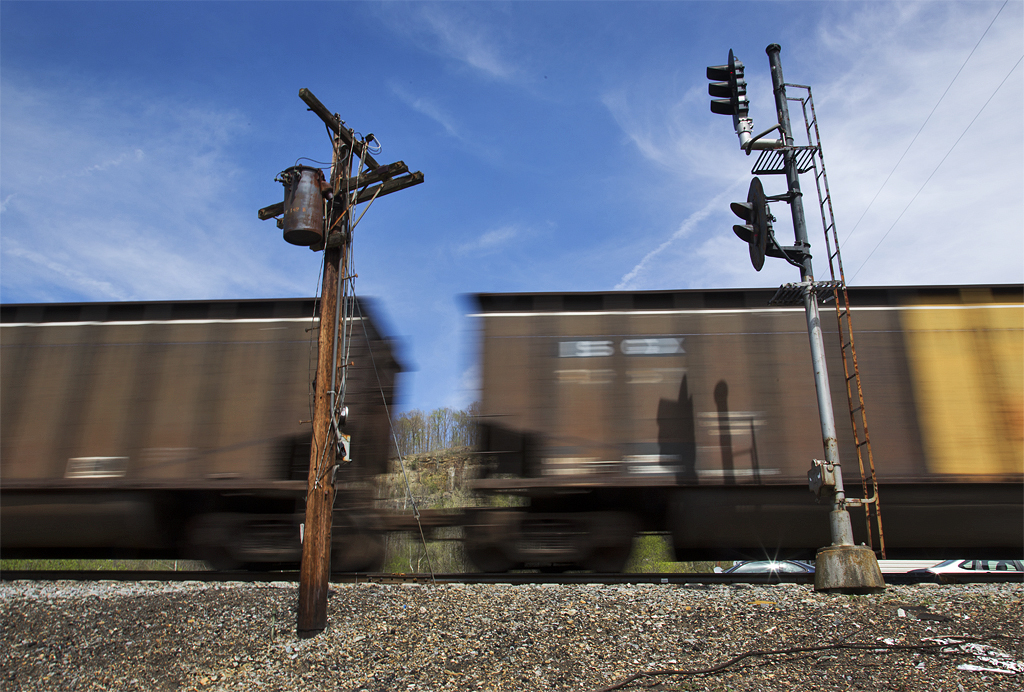
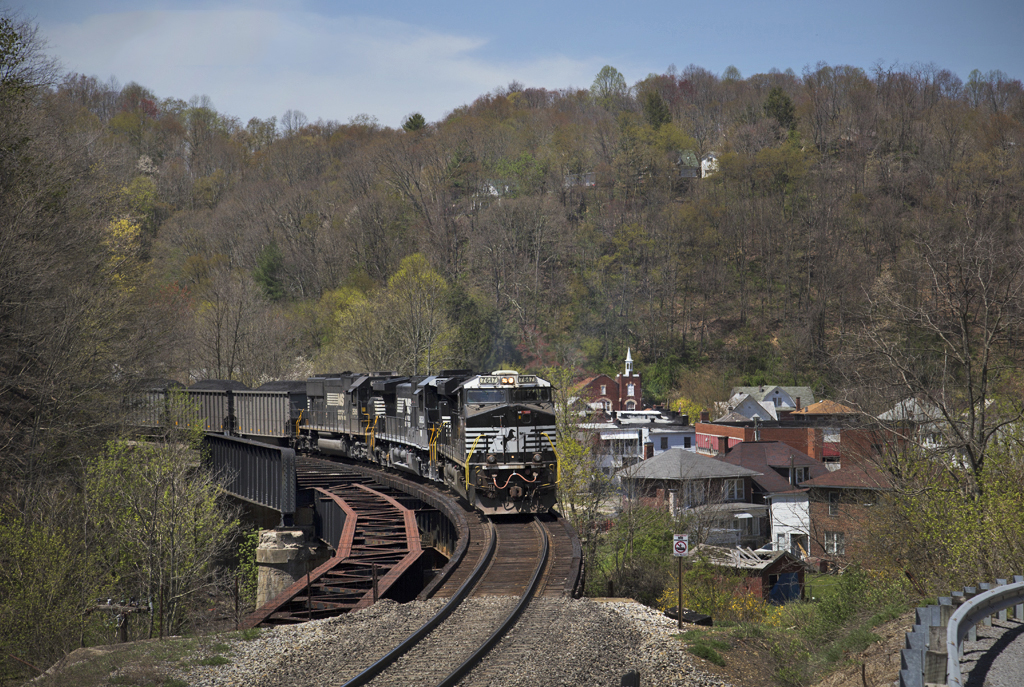

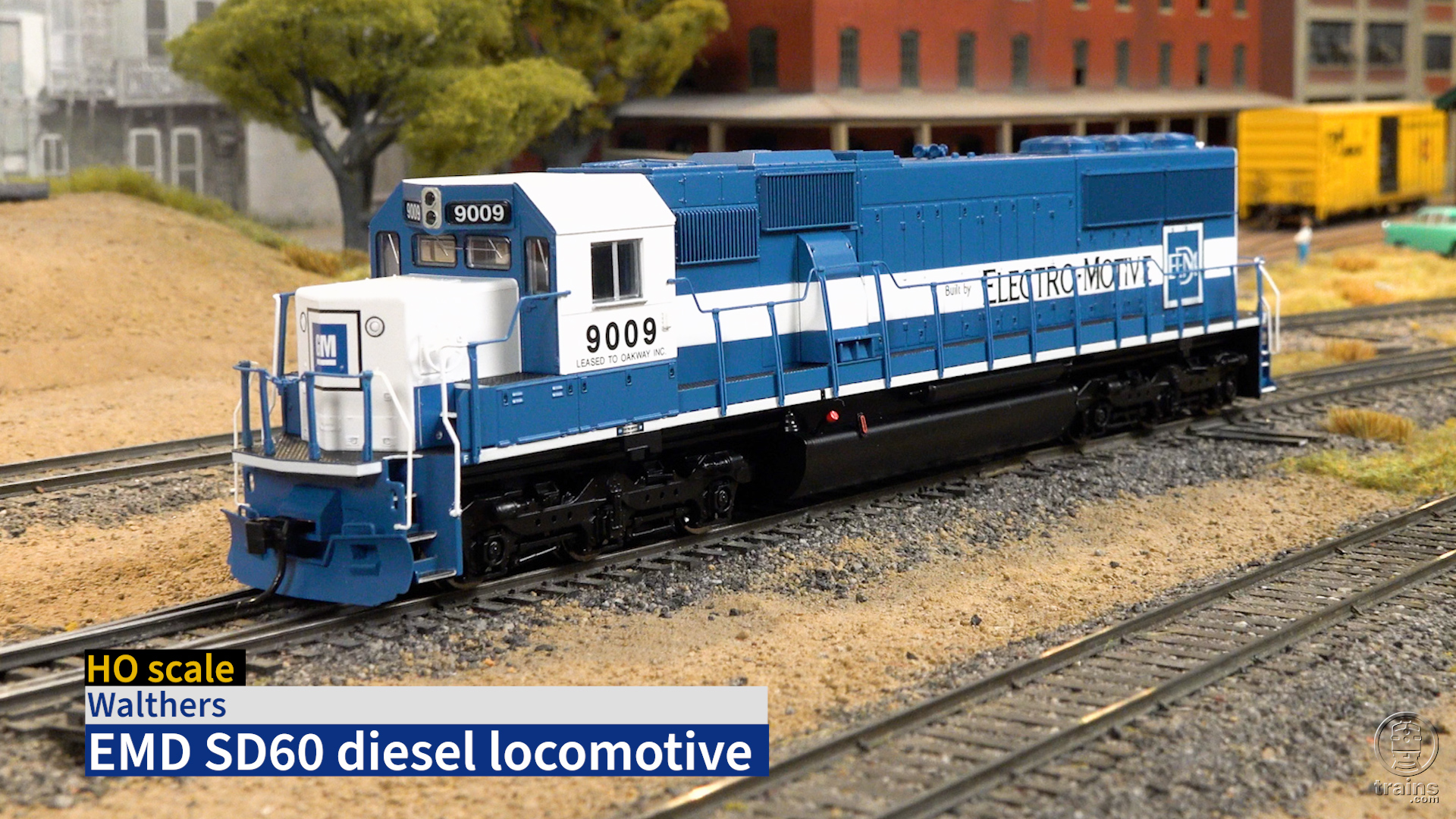
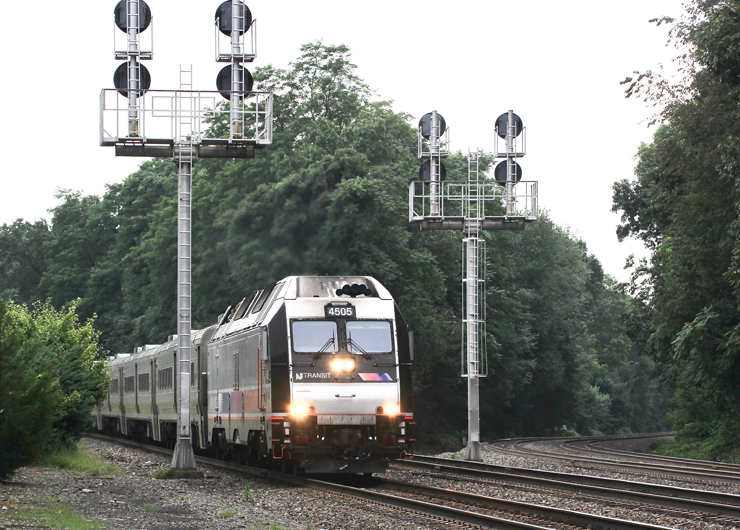
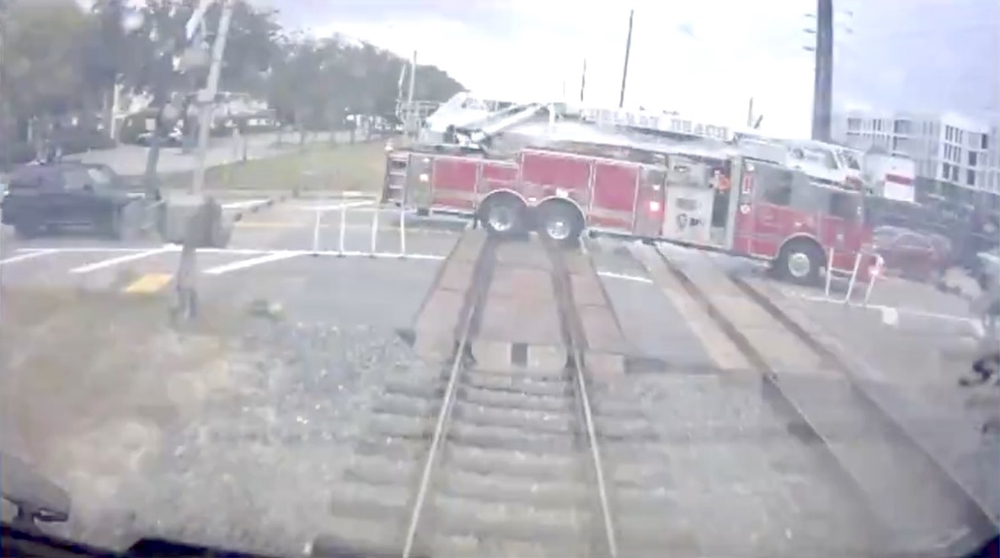
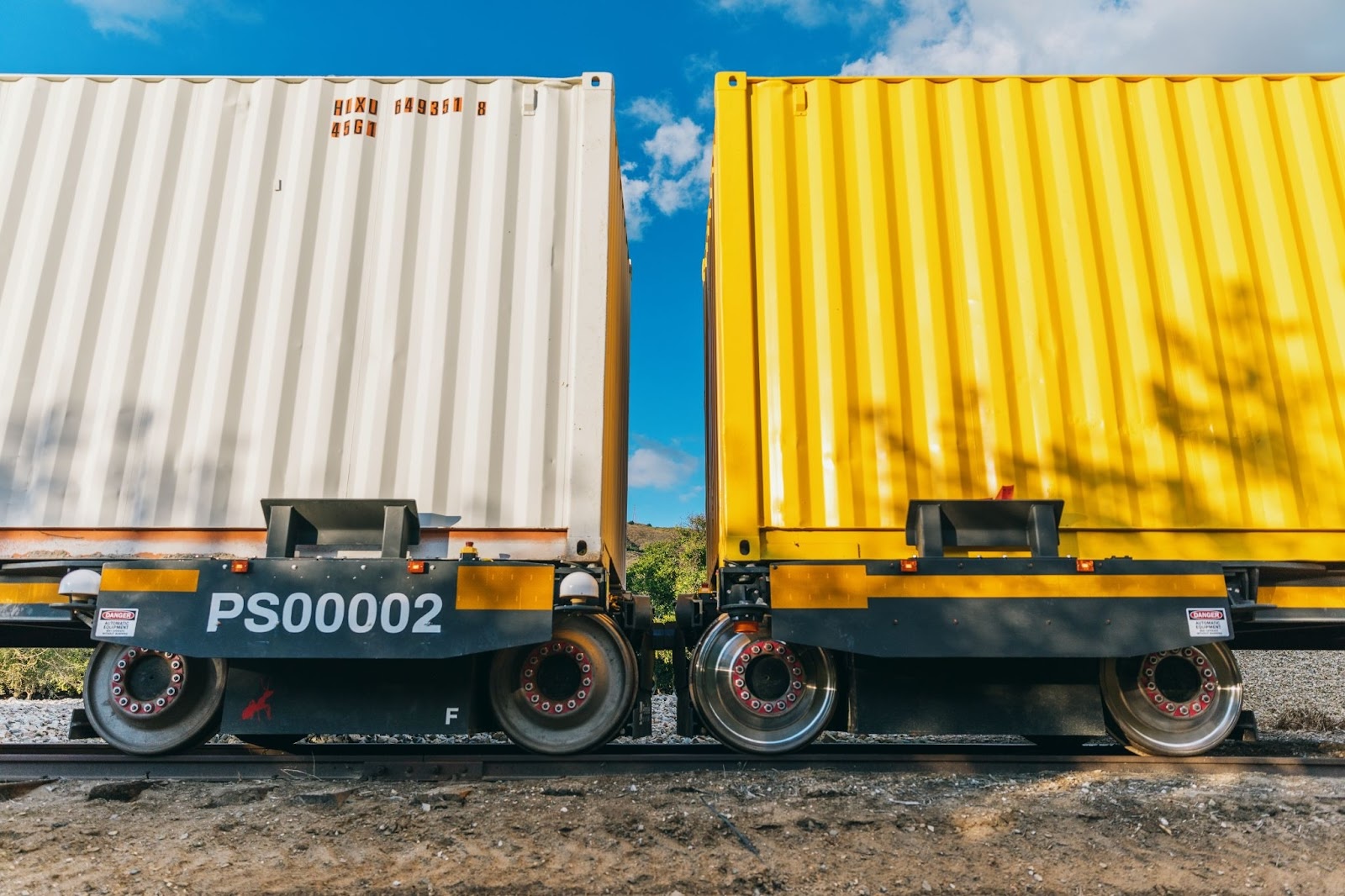




Mr. Butner,
That, no doubt is a part of the equation, but it is a good thing too, because the more various sources of energy we have, the more stable our economy will be in the long term ! We should continue to be less and less dependent on foreign oil also !
Former coal miners may be able to secure jobs in the fracking industry, and it's probably a lot safer environment to work in !
I was in Morgantown for a synopsis on labor issues back in 2012. When the little plane I was in took off for D.C., routed thru Grafton, it was frac rigs as far as the eye could see. Maybe the frackers in WV are putting the coal industry out to pasture.
If illegals are the only ones that will take $7.50/hr jobs then stop the illegals from coming into the country and watch the wages go up! I live in right to work Virginia and manufacturing is paying $17/hr and up with good benefits.
Elliott,
Get your head out of your a– ! What about the millions of people in the country that depend on natural gas for heat and for electric power generation, throughout the ENTIRE country ?? Your statement is an excellent way to ' knock ' the country's economy further ' down the tubes ' !
Mr. Armstrong,
It's very obvious that you're a ' dyed in the wool ' liberal, socialist Democrat also, and I believe most of what you said is just plain bs !
I would strongly advise you to read the article again, as it is mostly about loss of of coal production in WEST VIRGINIA not Virginia !!
Maybe you could tell us ! What has Senator Joe Manchin (D) done for the people of West Virginia, specifically, the coal business and miners ?
Mr. Haws,
YES, I did read the article and I didn't see your name, or again, $7.50/hr. mentioned anywhere. Being a member of the UMWA , I can attest for one, that they are being paid a whole lot more than $15/hr. more like about twice that.
It's also very apparent that you're a ' dyed in the wool ' liberal Democrat, and you would automaticly oppose and criticize ANY proposal that ANY Republican put forth. I sympathize and realize that's just your nature !
You still haven't told us what Senator Joe Manchin (D) has done for the great State of West Virginia !
Hey, if I ride one of those "rail carts" on abandoned trackage do I get to count the mileage?
Private Funds: AmazonSmile, charity search engine, and greatergood.com.
Obama sure screwed the Southern region, hope natural gas prices go way up, maybe then they will go back to coal. Hate to see the hard working South have this happen to them. David Elliott, Everett, Washington
Steel wheels on steel rails count for mileage collectors, so peddle cars on abandoned lines could be a good idea.
Those in West Virginia and any where else in coal country that voted for Obama, this is your reward for being the "useful idiots" that Vladimir I. Ulyanov so valued for advancing the progressive cause.
I always like a politician that thinks "Right to work" will fix everything. It just means you tie it in with "at Will employment" and "Here is your pay cut , take it or , there is the door". In Virginia it meant they could say anything they wanted and do anything they wanted and then fire you with zero notice. As for King Coal in Virginia they are all deep mines and it coast twice as much to produce the coal as it does from mines in Illinois and Indiana so users are buying their cheaper product and taking it out by river barge.
Mr Klippel Did you read the article? Do you understand what the 'Right to Work' law does to the wages in a state when it is applied? Do you understand what it is like to be making a living wage of better than $15.00/Hr. and after the Right to Work law becomes law, be offered $7.50/Hr. to do the same work. This is what the Republican Party is pushing in WV as the answer to making the economy grow. The only people it helps are the illegals and owners, That $7.50/Hr, or minimum wage is the current wage being offered in many 'Right to Work' states.
Mr. Haws,
Where in the article did it even mention a $7.50/hr. wage ? And what has West Virginia's other US Senator, Mr, Manchin (D), done for the coal industry or the economy ?
I'm very optimistic about West Virginia's future, because I remember the song " Almost Heaven-West Virginia " !
We just have to ' keep the faith ' and remember who's really in charge !!
Edmond, did you read the article? Did you comprehend what it was about? Did you see what political party Sen. Bill Cole was a member of. Did you even read what he has suggested as possible solutions to the problems WV is now facing with the decline of the coal business, which is much like what OK, TX, and ND is facing with the decline of the oil business, BTW. And lastly, are you old enough to remember what wages were like in the Open Shop areas of construction prior to the entry of 'Right to Work' to states that have those laws on their books now? That is the main reason there are so many illegals replacing legal US workers in the construction fields. FYI $7.50/Hr. is not a living wage.
If WV is going to transition to something new, it has a whole host of issues to address.
If it's recreation and rails-to-trails, then they need to fix a lot sanitation issues. There are more than a few places that use local streams as open sewers. The advent of indoor plumbing to old company housing occurred without construction of sewers or septic – just straight pipes into the streams that flow through the hollows.
If it's tourism, then somebody better figure out what to do with mountaintop mining. It's doesn't create a pleasant looking landscape – during or after. Do we really need to go after those tiny coal seams?
If it's economic development, then someone has to figure out how to do some consolidation of population. Mechanization of coal mining left parts of WV looking like a rural version of Detroit, with only a a handful of homes occupied in villages that used to have dozens. A lot of time and energy is wasted getting to and from jobs, shopping, schools, etc.
Some of these things have been long standing issues that are only being exacerbated by the decline of coal.
I found it interesting that the town of Iager, against the odds, installed a modern sewage treatment system using local, state and federal bucks in order to try to be "that place" that could survive and grow in a shrinking region of the state. I think the jury is still out on their gamble.
When your resource goes away in a resource based economy "bleak" followed by poverty are the only words that pops up
"Diversification is key – but can railroads benefit?
While we diversity our state’s economy"
diversity or diversify?
Another election cycle in the USA, too bad we could not discuss railroads instead of the electoral issue of the day
The coal remains and will regain its value. My goodness…..Two bad years for coal and everyone is calling it quits!
These three comments are on topic? Sounds like politics, not railroading.
Blow sunshine up your ass while taking your wallet out of your back pocket. Yep. Sounds like a Republican.
It IS the ticket for improving the economy of the US Lawrence…THEIR ECONOMY. Workers be damned, they just take up space and get in the way on the road to the country club.
Right to work has been a joke up here in Michigan. Hasn't brought anything to the plate for anyone, even the Boss Man.
All the Republicans think that 'the Right to Work (for less wages) is the ticket for improving the economy in the US. The trouble with that strategy is not many legal US workers can afford to work for those wages without additional support from the state and federal gov'ts. The only work force that doesn't have any problem working for those wages are the illegals. Look at the states that have passed 'Right to work' and you'll find the largest number of illegal workers.